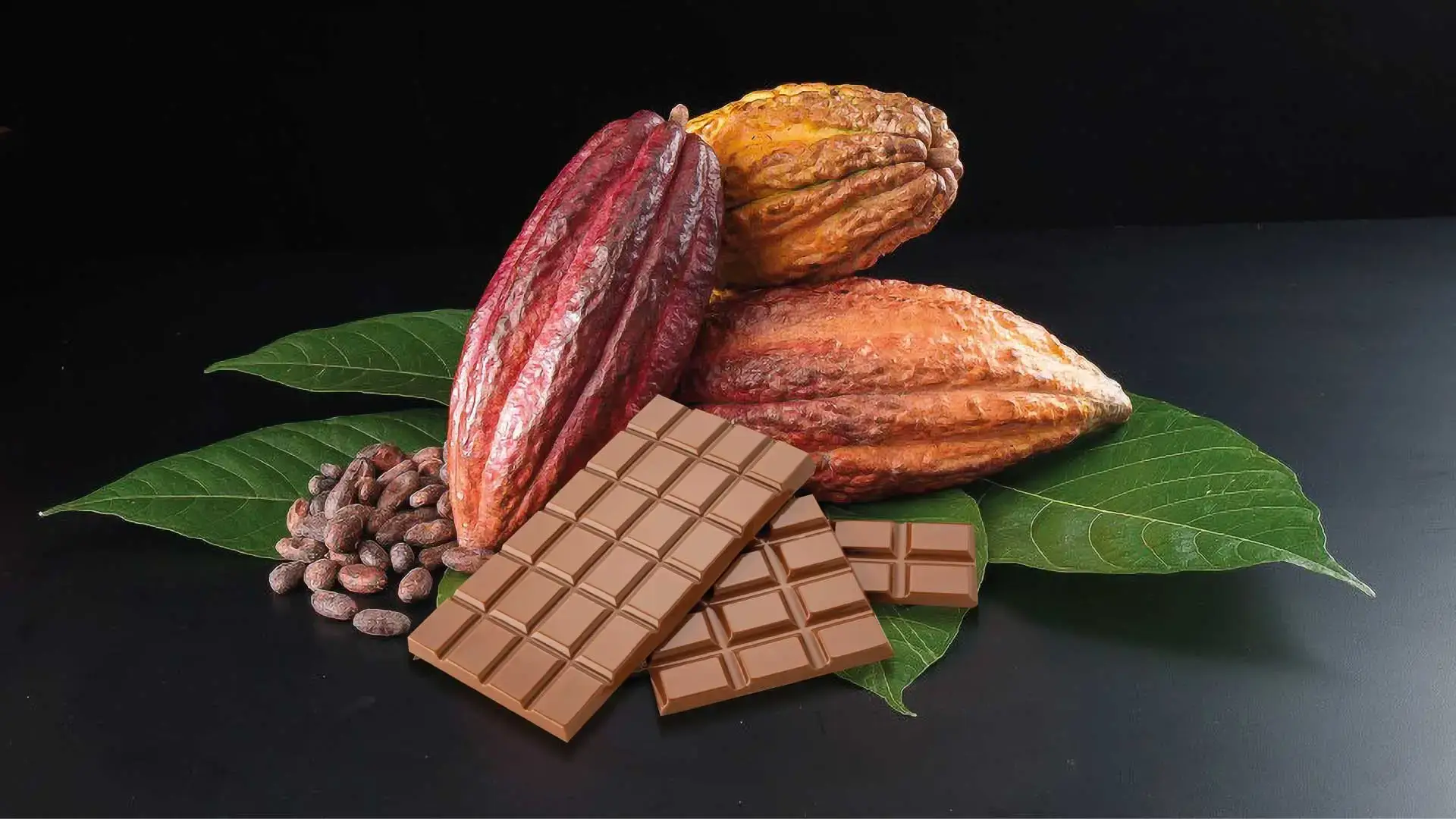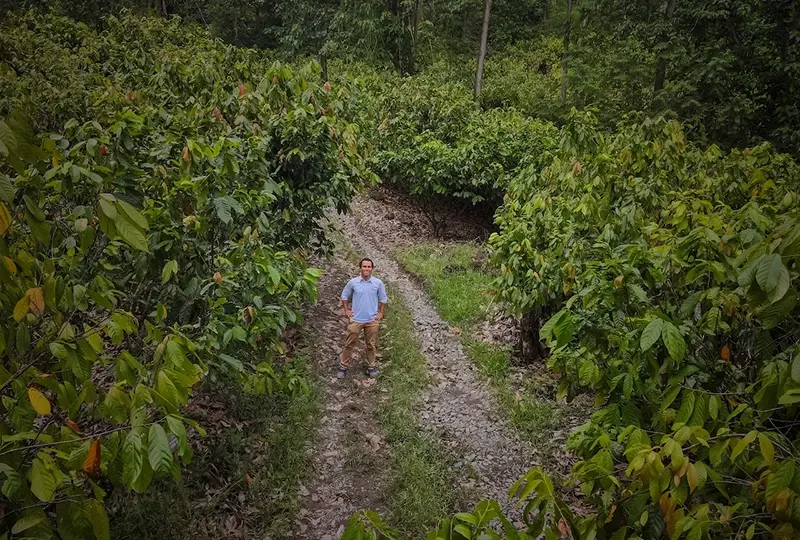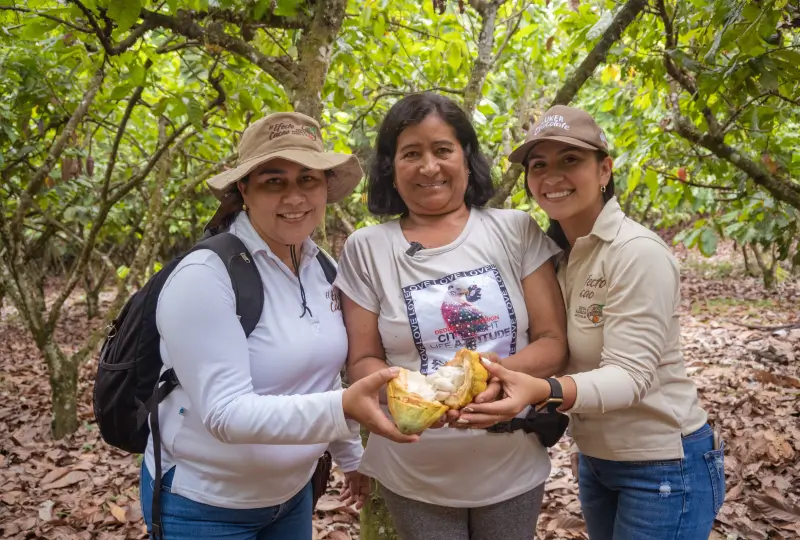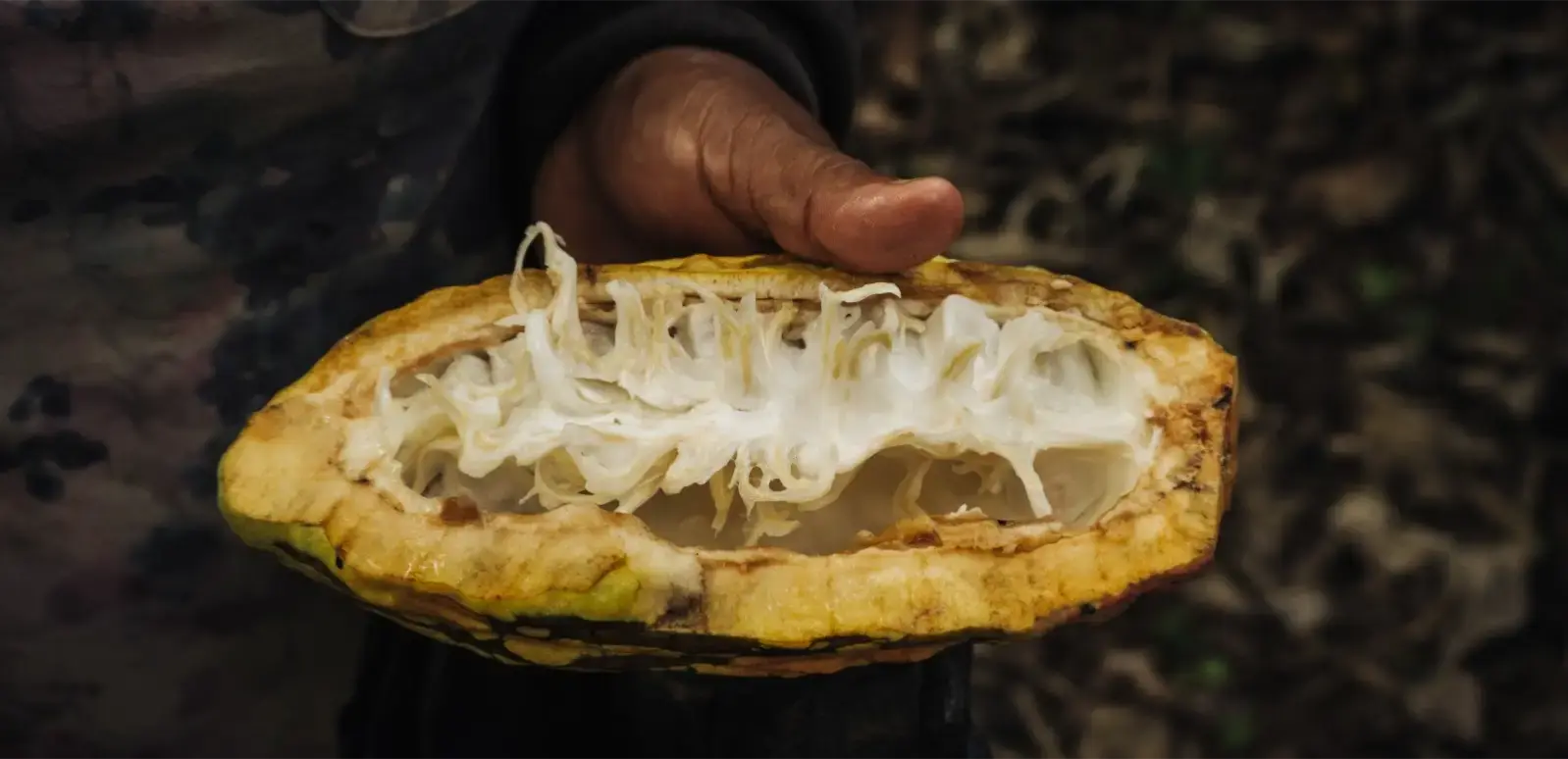"A brand owner has to be very skilled at building relationships and detecting the right suppliers with whom to build a lasting and solid relationship. They are one of the main allies of your business, so they must share the same values and be aligned with your value proposition. A supplier who lifts you up to be better.”
The chocolate industry is one of the most dynamic, exciting, and growing sectors in food, with rapidly expanding markets and segments. Yet, growing a chocolate brand comes with its own challenges.
Explore chocolate brands' main challenges and gain valuable insights into growth opportunities and practical strategies to overcome them.
Building a chocolate brand from scratch is no small feat, and taking it to the next level can be even more challenging. However, rest assured that you're not alone on this journey. We understand the complexities involved, and we're here to offer our unwavering support and expertise.
That's why we collaborated with our VP of New Business Development, Cristian Chu, to develop a resource for creative chocolate startups.
A blog has been created to empower chocolate entrepreneurs like you by providing the guidance you need to scale operations and thrive during the exciting and sometimes daunting growth phase.
Sustainability and ethical sourcing
Efficient supply chain management is a significant challenge for a growing and expanding chocolate brand. As demand increases and operations expand, it is essential to ensure that key ingredients are consistently and reliably available. Careful selection of suitable suppliers and negotiation of solid contracts are essential to ensuring a strong supply chain.
In addition, establishing clear and fluid communication with suppliers is essential to maintain an uninterrupted supply flow and meet production deadlines. But what if your current supplier is not sufficient to meet the new demand of your chocolate business?
In this scenario, you may need to consider sourcing cocoa from additional suppliers or even switching to a new supplier altogether. This can be a complex process, as your brand must ensure that this new supplier can meet the quality standards and provide the same flavour profile as the existing one.
Then, another very relevant factor comes into play here: logistics. For successful chocolate brand expansion, a reliable logistics network is key. This means coordinating product distribution, optimizing delivery routes, and ensuring prompt deliveries. International logistics can present challenges, including complying with customs regulations and meeting shipping deadlines across nations- just in case you are expanding your business to other countries.
But it doesn't end there; with growth comes the need to ensure that ethical and sustainable practices remain. “Chocolate brands must proactively ensure their suppliers meet certain sustainable and ethical sourcing standards. This can require investment in monitoring and auditing, as well as developing long-term relationships to ensure that they are committed to the same values as the brand”, says Christian Chu.
Chocolate manufacturing and product development
The need to increase production capacity to meet the surging demand.
Investing in suppliers, optimizing processes, and ensuring a skilled workforce is crucial to achieving this. The goal is to ensure that your production meets market needs while maintaining the highest quality.
Normally, a brand owner or chocolate entrepreneur does not have this whole capacity in-house, which is left to third parties. Therefore, sourcing reliable suppliers that provide you with consistent, high-quality cocoa and manufacturing is essential for your business.
"A brand owner has to be very skilled at building relationships and detecting the right suppliers with whom to build a lasting and solid relationship, they are one of the main allies of your business, so they must share the same values and are aligned with your value proposition. A supplier who presents you with alternatives and lifts you up to be better.",

Dare to innovate!
In terms of new product development, a growing chocolate brand faces the challenge of innovating and staying relevant in an increasingly competitive market. Developing new products requires investment in research and development and a deep understanding of consumer preferences and trends.
It also requires a willingness to take risks and experiment with new flavours and formats, which can be daunting for brands that are used to producing a limited range of products.

However, chocolate entrepreneurs need to balance innovation with maintaining their brand identity. “It can be tempting to jump on the latest trend or fad but ensuring that any new product aligns with the brand's values and core offerings is important”, points out the expert.
Adapting quickly to market trends allows entrepreneurs to capitalize on new product development investments. Turnkey manufacturers or co-manufacturers can be instrumental in overcoming this challenge by providing established facilities, equipment, and cost-saving solutions. This streamlines the production process, allowing entrepreneurs like you to bring the products to market faster, gaining a competitive edge.
Optimizing your chocolate portfolio
Ok, your business is scaling up…what about your product portfolio? The chocolate industry is highly competitive, so you must find ways to differentiate and offer unique, high-quality products to stand out. And there are two ways out firstly, expanding the existing portfolio with new references or refining what you already have to seek profitability.
"If the decision is made to expand the portfolio, two things must first be taken into account: having a manufacturing partner to accompany your business throughout the product development cycle, and secondly, having good working capital".
Moreover, when the brand decides to expand its chocolate line, it's essential to have a well-defined strategy to manage the portfolio efficiently. This includes making strategic decisions about which products to keep, which ones to discontinue, and how to balance the diversity and consistency of the offerings.
In order to achieve success, it is important to acknowledge the ever-changing needs and wants of consumers and remain informed about the latest market trends. This involves conducting a comprehensive analysis of your competitors, conducting extensive market research, and obtaining feedback from your customers to discover potential areas for expansion and detect any deficiencies in the existing product offerings.
By utilizing this information, your brand is able to make well-informed decisions regarding the development of new products, optimization of the current portfolio, and segmentation of the market to cater to varying consumer groups.
Creating a structure for growth and success
You need to reflect on something. The company you began doing all on your own is not the one you have in front of you. As the brand scales up, it faces challenges in terms of its organizational structure; besides, there are more and more adjacent operations in administrative and financial areas, such as sourcing new human talent and work areas.

This is a tough challenge because developing a structure costs money. Then, your brand may need to evaluate and adjusting the internal structure for a time-sustainable growth. This involves reviewing roles, identifying areas for improvement, and improving communication between departments.
Additionally, you may need to establish new subsidiaries, joint ventures, or partnerships, which can create complex organizational structures. These structures may include multiple layers of management, which can impact communication and decision-making processes, but they are good for maintaining control over decisions within the company.
“Creating an effective organizational structure requires careful planning, communication, and collaboration across all levels of the organization. Besides, the company must ensure that this structure aligns with the brand's overall strategy and goals”, says Christian.
Preserving your values and purpose at every stage of expansion
Maintaining coherence with its values and purpose is crucial for a chocolate brand as it significantly affects its identity and customer relationship. While expanding and entering new markets, it can be tempting to compromise on specific values to grow quickly. However, resisting this pressure and staying true to your brand's fundamental principles is essential.
At this stage, ensuring the continuity of the vision and the principles and values with which the company started is important. Staying true to your company's vision helps ensure that growth is sustainable in time and helps maintain a strong sense of identity and purpose, which can be a powerful motivator for employees and a key differentiator in the market.
That's why Evaluating if business partnerships match the brand's values is essential to maintain brand integrity. When expanding the product line, upholding the brand's core values on quality, social impact, and environmental sustainability is vital.
At Luker Chocolate, we confidently offer entrepreneurs like you the expertise and resources you need to succeed in the chocolate industry.
Our unwavering dedication to quality, innovation, and sustainability makes us the go-to partner if you want to take your brand to the next level. Interested? Ask us how to make it happen here!






















